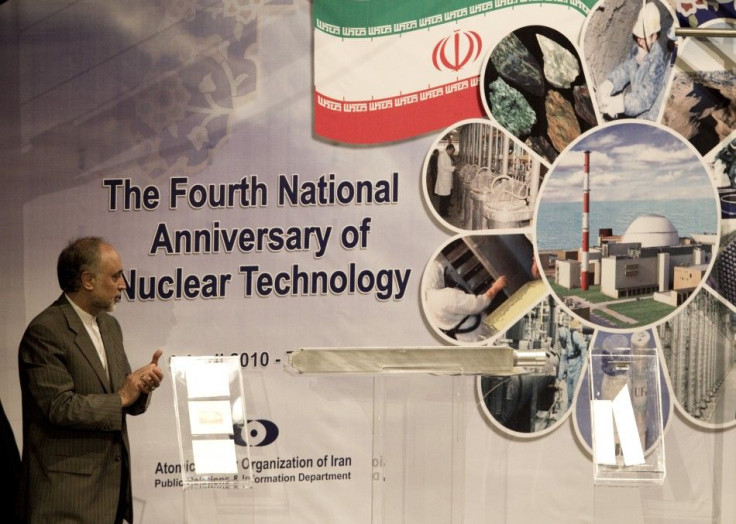Iranian Uranium-Enrichment Site to be Operational Soon: Official

Iran's underground uranium-enrichment facility will begin operations soon, a senior official was quoted by Iranian media on Sunday as saying, The move is likely to boost tension between the Islamic state and the West over Tehran's nuclear ambitions.
The Fordow nuclear enrichment plant will be operational in the near future ... 20 percent, 3.5 percent and four percent enriched uranium can be produced at this site, said the head of Iran's Atomic Energy Organization, Fereydoun Abbasi Davani, the Kayhan daily reported.
Iran has said for months that it is preparing to carry out uranium enrichment at Fordow, a protected site deep inside a mountain near the Shiite Muslim holy city of Qom in central Iran.
The United States and its allies say Iran is trying to build bombs, but Tehran insists its nuclear program is aimed at generating power.
The inauguration of the site could block fresh nuclear talks with major powers aimed at resolving Iran's nuclear row through diplomacy. Iran has called for talks on its nuclear program with the permanent members of the United Nations Security Council and Germany (P5+1), which have been stalled for a year.
Diplomats told Reuters on Friday that Iran was believed to have begun feeding uranium gas into centrifuges in Fordow in late December as part of final preparations to use the machines for enrichment.
Iran is already refining uranium to a fissile purity of 20 percent -- far more than the 3.5 percent level usually required to power nuclear-energy plants -- above ground at another location.
Diplomats say it is moving this higher-grade enrichment to Fordow in an apparent bid to better protect the work against any enemy attacks. It also plans to sharply boost output capacity.
The United States and Israel, Iran's archenemies, have not ruled out strikes against the Islamic state if diplomacy fails to resolve the dispute.
Iran has been hit by four rounds of U.N. sanctions, while the United States and the European Union have imposed increasingly tight economic sanctions on Tehran over its nuclear program.
Iran disclosed the existence of Fordow to the International Atomic Energy Agency only in September 2009 after learning that Western intelligence agencies had already detected it.
(Reporting by Parisa Hafezi; Editing by Rosalind Russell)
© Copyright Thomson Reuters {{Year}}. All rights reserved.






















